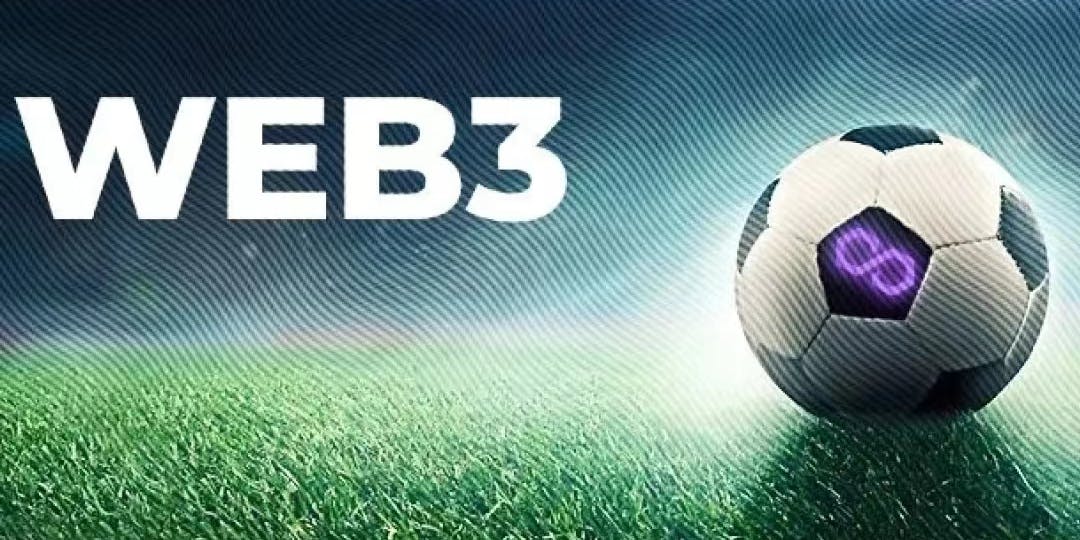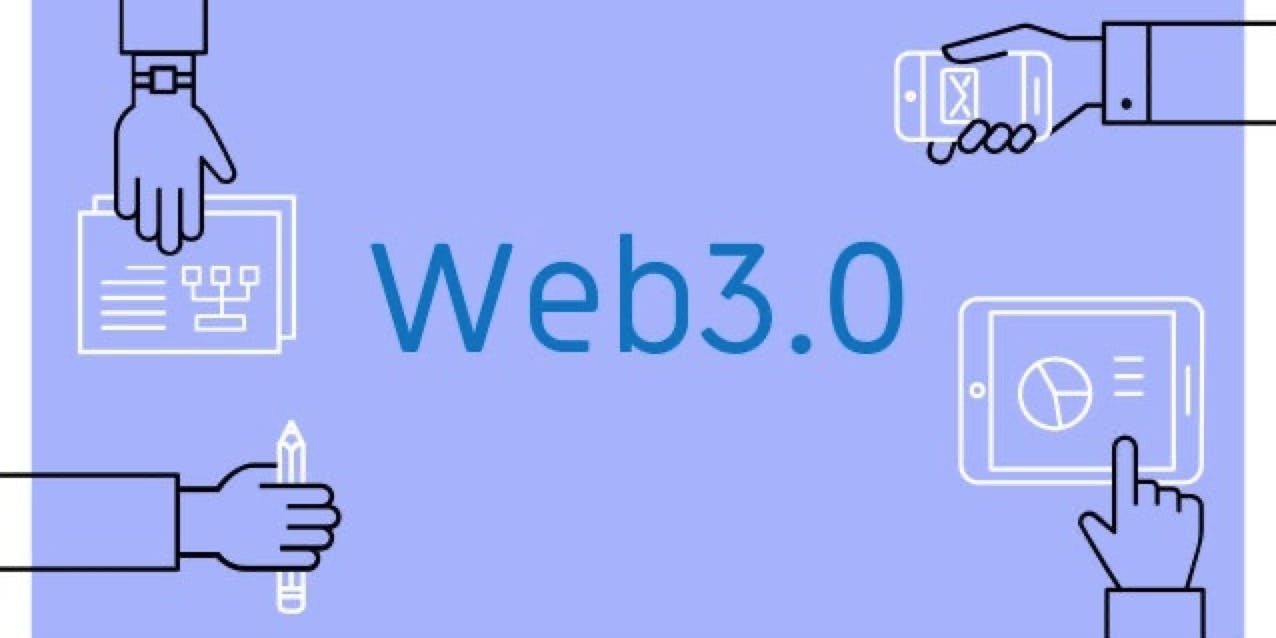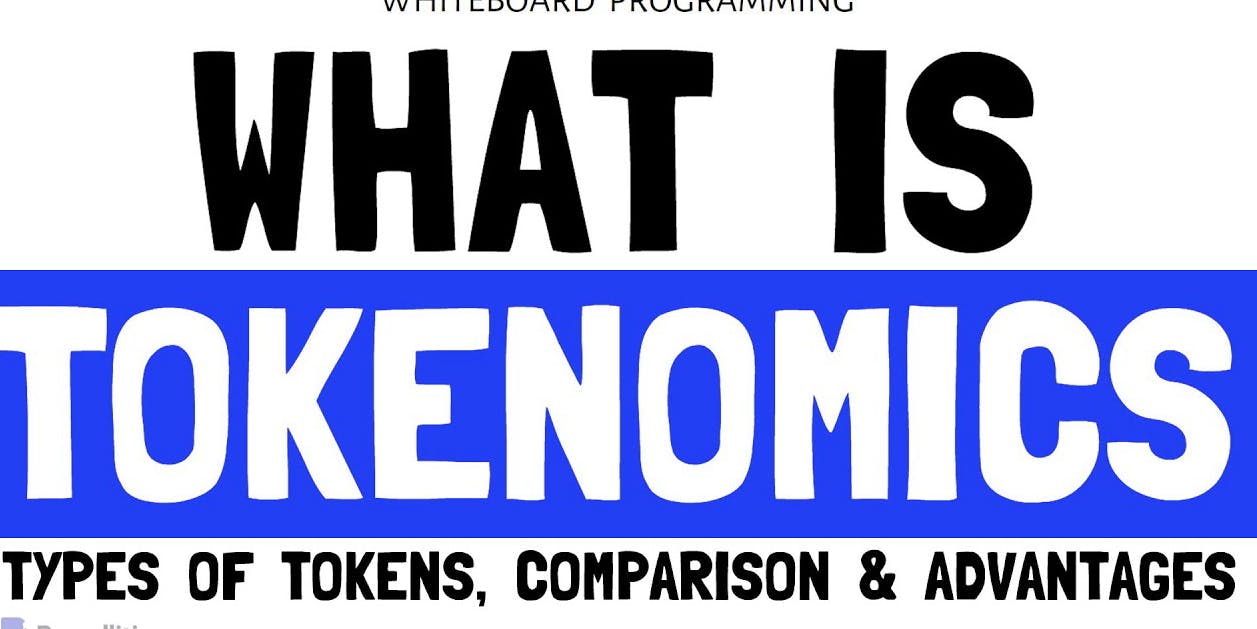
The FA Cup in England plans to establish an NFT platform, analyzing the business model of combining sports and Web3
The Football Association (FA) is the main governing body for amateur and professional football in England, and the FA Cup is the oldest football competition in the world. Recently, the FA announced on its official website that it has issued a proposal request to find a long-term NFT platform partner, and the association plans to establish a new long-term NFT platform.
The combination of sports and Web3 has become increasingly mature in the past few years, and the cultivation of market and consumer enthusiasm continues to deepen. A recent survey shows that sports fans are now ready to invest in NFTs with real value. This article will analyze the business model of combining sports and Web3, analyze the reasons and scenarios for the successful combination of the two, how they interact and influence each other, and share potential future commercial scenarios.
Current Web3 Sports Integration Scenarios
The sports industry is already closely intertwined with the internet, and Web2 networks have already changed the way fans consume sports, and the impact of Web3 in the future will continue to do so. In recent years, major sports organizations have readily accepted Web3 technology, introducing cutting-edge technology and creating innovative gameplay. The current excellent project categories related to Web3 sports include:
1. Traditional Sports NFT
As early as July 2020, the NBA (National Basketball Association) partnered with Dapper Labs to launch a series of officially authorized NFTs, which were mainly used to highlight individual athletes and commemorate key matches and other important moments.
The NBA pushed NFT player cards to new heights through the NBA Top Shot platform, where users actively buy and trade NFT player cards or NFTs featuring signature moves of star players. Data shows that within 8 months of the platform's launch, the number of users reached millions, and the transaction volume exceeded $700 million. As of May 2022, NBA Top Shot sales had exceeded $1 billion.
In addition to NBA basketball, in August 2022, the NFL (National Football League) partnered with Dapper Labs to launch NFL All Day. Dapper Labs also has similar partnerships with the UFC, LaLiga, and the English Premier League. Major official sports associations or clubs are all involved in the NFT market in different forms, either by collaborating to issue NFTs or by building NFT trading platforms to connect with fans.

2. Web3 Sports Games
The football game platform Sorare became popular after its launch in 2019, representing football stars with NFTs, allowing players to buy officially certified NFT virtual football player cards on the Sorare game platform, play the role of team manager, and build custom golden teams. Players can also participate in various football matches on the platform and, if victorious, receive new cards and ETH rewards. This Web3 football game has promoted communication among players and fans in a new way.
According to public information, Sorare has completed a total of 3 rounds of financing, raising $4 million in seed funding in 2020, $50 million in Series A funding in 2021, and a $680 million Series B funding led by SoftBank in 2021 (valued at $4.3 billion), breaking the record for the largest financing amount for a French technology company.
As of July 2023, the Sorare game platform has accumulated a total of 3.7 million players, and the game content has expanded to include the NBA, MLB, and more. Currently, Sorare has partnered with over a hundred clubs, and has continued to collaborate with superstars. For example, French footballer Kylian Mbappé has served as a spokesperson for Sorare, vigorously promoting its platform and attracting a large number of traditional sports fans from Web2 to start their Web3 journey.

3. XR Live Events
With the rapid development of XR technology and the impact of recent years' pandemics, the market demand for XR live sports events continues to increase, and the integration with Web3 allows users to experience events as if they were at the venue, and obtain real and meaningful ticket NFTs, and even special series NFTs.
For example, last year, the Serie A league broadcasted the AC Milan vs. Fiorentina match on the Nemesis metaverse platform, becoming the world's first metaverse live sports event. Additionally, UEFA held an e-sports bidding competition on Roblox aimed at young people, expressing the hope to communicate visually with young people through metaverse competitions. XR boundaryless event experiences are being promoted globally, including metaverse live broadcasts, providing audiences with more convenient and immersive viewing experiences through technology.

4. Commercial Endorsements
In 2021, the cryptocurrency platform Crypto.com, known for its encrypted credit cards, spent $700 million to purchase the iconic sports arenas of the Los Angeles Lakers and Clippers—STAPLES Center—for a 20-year naming rights agreement, renaming it Crypto.com Arena.
The bankrupt FTX also made significant efforts in sports strategy, signing a 19-year, $135 million naming rights agreement in March 2021, renaming the Miami Heat's home court to "FTX Arena."
In an advertisement by the well-known sports equipment manufacturer Adidas during the Qatar World Cup, a boring ape NFT character appeared alongside football stars Lionel Messi and Karim Benzema. Additionally, as mentioned earlier, Mbappé endorsed Sorare, and many superstar players have collaborated with Web3 platforms, expanding the influence of Web3 and platforms, driving the transition of the sports industry from Web2 to Web3, and creating many new interactive ways with fans.

Advantages of Web3 and Sports Integration
In terms of fan participation and tokenization, Web3 will enable fans to interact with their favorite sports teams and athletes in new and exciting ways. Blockchain-based fan tokens and digital collectibles can be used to incentivize fan engagement and loyalty. Fans can use these tokens to participate in polls, matches, and even influence team decisions. This will provide new sources of revenue for sports organizations and offer fans a more personalized experience.
In terms of ticketing and merchandise sales, Web3 technology can make ticketing and merchandise sales more secure and efficient. Blockchain-based ticketing systems can prevent fraud and scalping, while also allowing tickets to be resold in a transparent and decentralized manner. Similarly, blockchain-based sales systems can ensure the authenticity of products and facilitate seamless transactions between buyers and sellers.
For athletes, more and more superstar athletes are being defined and shaped, whether in terms of their exceptional professional abilities or the marketing potential injected through digital and AI knowledge systems. Web3 will enable athletes to better control their careers and tokenize their personal brands, providing another unique way to realize value.
In terms of multi-party cooperation in the sports market, smart contracts can be used to facilitate contracts between athletes and teams, as well as sponsorships and endorsements. Sports smart contracts are automatically executed digital contracts that allow two or more parties to exchange assets or information in a transparent and secure manner without intermediaries. These contracts are also built using blockchain technology, which can create tamper-proof and immutable transaction records. This can make complex multidimensional business collaborations faster, more transparent, and form a clear business network with high security, increasing the value for all parties.
In terms of information data, Web3 can provide a more transparent and decentralized system for collecting and analyzing sports data. Blockchain-based data storage and analysis can prevent data tampering and provide fairer compensation for athletes based on their performance. This can enable new forms of sports betting and prediction markets that are more fair and just, and will be more accepted by speculators and fans alike.
It is even imaginable to use DAO governance in the sports industry, allowing fans and stakeholders to participate in decision-making and profit-sharing, using Web3 technology to achieve a more fair distribution of power and wealth in the sports industry, creating a more democratic and decentralized governance system.

Possible Future Business Models
Many officials have mentioned in interviews about their cooperation with Web3 platforms that such collaborations that transition to Web3 will help generate new long-term revenue and reinvest it into matches for the benefit of the games. By using the latest blockchain technology to create new interactive ways for fans, it is hoped that more new audiences and fans will be attracted. There will inevitably be more future business collaboration models, but ultimately they will revolve around the two key elements of fans and matches. The following are a few possible future scenarios:
1. Address VIP
Users can participate in all sports events related to Web3, including NFT tickets, NFT star collectibles, Web3 sports games, Web3 sports forums, and more, based on their address. When a project can connect almost all Web3 sports-related project data, it can form user address data. Then, based on various dimensions of this address, such as the number of tickets owned, the quantity and value of NFT collectibles, the number of games participated in, level, wins, activity and level in the forum, a VIP level can be assigned. The higher the VIP level, the more loyal and passionate the fan, and it can even be divided into different tracks and clubs.
2. Watch to Earn
With the increasingly mature live event broadcasting technology, users can earn rewards by watching matches online. This can also be combined with NFT event tickets and decentralized prediction result guessing, providing users with convenient integrated services. Watching matches becomes more convenient, and viewers can earn profits from watching matches and use the profits for guessing, which is believed to be very popular and have a large market.
3. DAO Governance
In the future, it is entirely possible for Web3 DAO organizations to own teams, with the DAO organization becoming a shareholder of the team, and fans possibly becoming members of the DAO. Operating a team in a more transparent and democratic manner, signing contracts with players through smart contracts, and distributing profits according to the contract to all members. Fans will be more dedicated to the team, governing the team through democratic means, creating value for the things they love, and receiving dividends, which is believed to be very appealing to many fans.
Conclusion
The impact of Web 3.0 on the sports industry is extensive and far-reaching, and the combination of the two is a development trend of technological progress. The ability to stay in real-time contact with fans and followers and gain deep insights into customer behavior has already changed the way enterprises operate in the sports industry. As we move towards the future, it is clear that technology will only continue to grow Web3 in the sports business.
Follow Us
veDAO is a decentralized investment platform led by DAO, committed to discovering the most valuable information in the industry, and is enthusiastic about exploring the underlying logic and cutting-edge tracks of the digital encryption field, allowing every role within the organization to fulfill its responsibilities and receive rewards.
Website: http://www.vedao.com/
Twitter: https://twitter.com/vedao_official
Facebook: bit.ly/3jmSJwN
Telegram: t.me/veDAO_zh
Discord: https://discord.gg/NEmEyrWfjV
🔴Investment carries risks, the project is for reference only, please bear the risks on your own🔴



